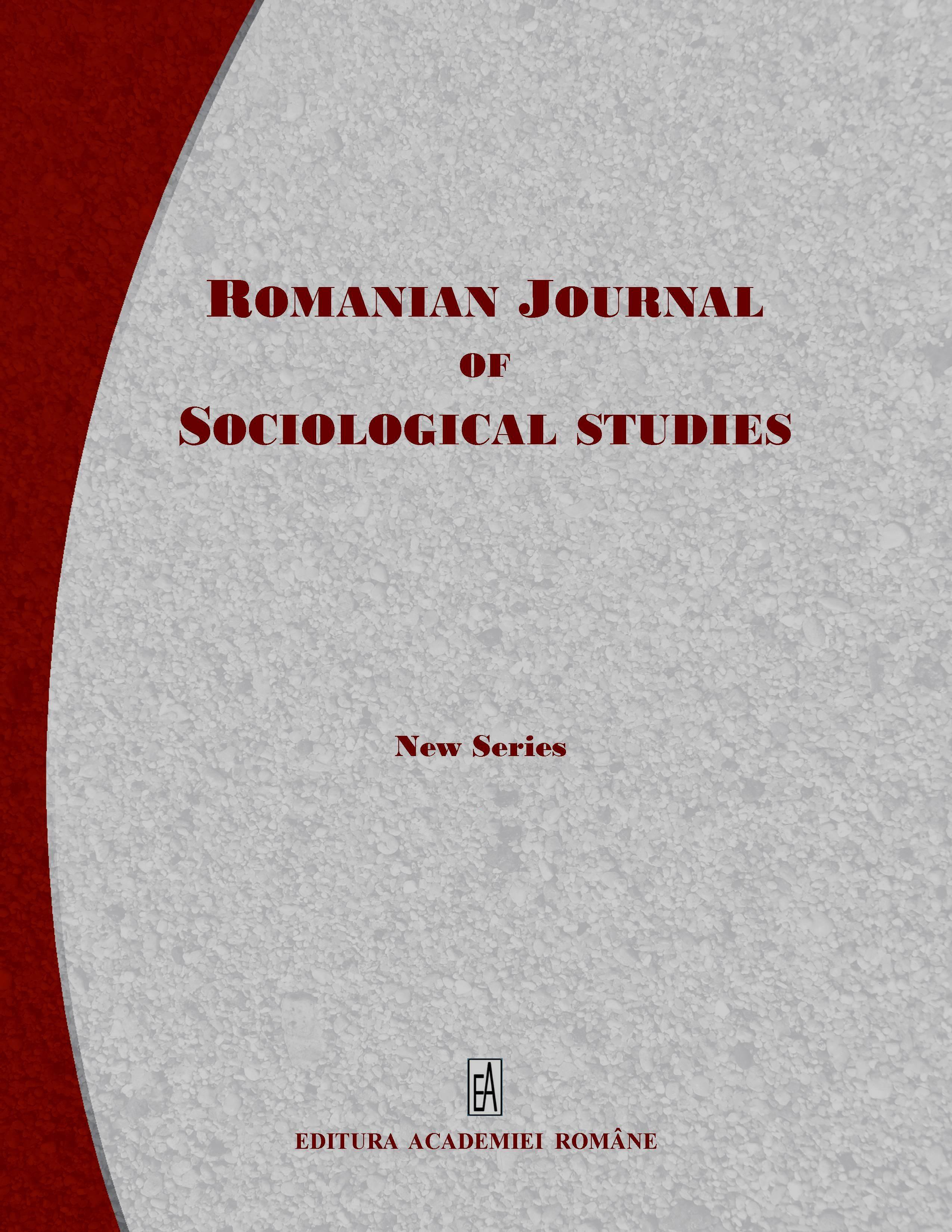SOCIOLOGY OF POWER RELATIONS. A DISCUSSION UPON ONLINE NETWORKS AND POLITICAL IDENTITY IN THE CONTEXT OF US ELECTORAL CAMPAIGNS
SOCIOLOGY OF POWER RELATIONS. A DISCUSSION UPON ONLINE NETWORKS AND POLITICAL IDENTITY IN THE CONTEXT OF US ELECTORAL CAMPAIGNS
Author(s): Veronica DumitraşcuSubject(s): Social Sciences, Sociology
Published by: Editura Academiei Române
Keywords: virtual world; online networks; identity; political identity; US electoral campaigns;
Summary/Abstract: The development of online technology influences people’s everyday life. Informal online networks improve the communication between individuals and their access to information or resources, but, in the same time, they may become instruments of transforming identities or manipulating the masses. In the virtual world, the individuals are constructing their identities in contrast to others, especially when people interact within online communities. The individuals are able to create and recreate their identity, to present themselves in a pleasant way for others. Is what Goffman named “the management of impression”. New technologies are like artefacts, mediators of individual’s behaviour, as Activity Theory emphasizes. In this interaction, between individuals and information systems, the individual’s consciousness is embedded by the technology. Social media may change the rules using “prototypes”. The Prototype Theory is used by the social networks to attract people to some products or to vote political candidates. Social networks are using the identity of individuals to feed manipulation. They became main instruments of power, tools used for political marketing. Using social media, politicians may influence a community of people through political discourses. This is how we called “identity politics”. Identity politics and social networks played an important role for the electoral campaigns, beginning with 2000, 2008, and then in 2012 and 2016. Identity politics became the key message in candidate’s discourses and especially in their slogans from social media. Concerning all these, the article focus on how political identity matters in politics and how identity politics changed American election in 2016.
Journal: Romanian Journal of Sociological Studies
- Issue Year: 2020
- Issue No: 1
- Page Range: 45-58
- Page Count: 14
- Language: English

